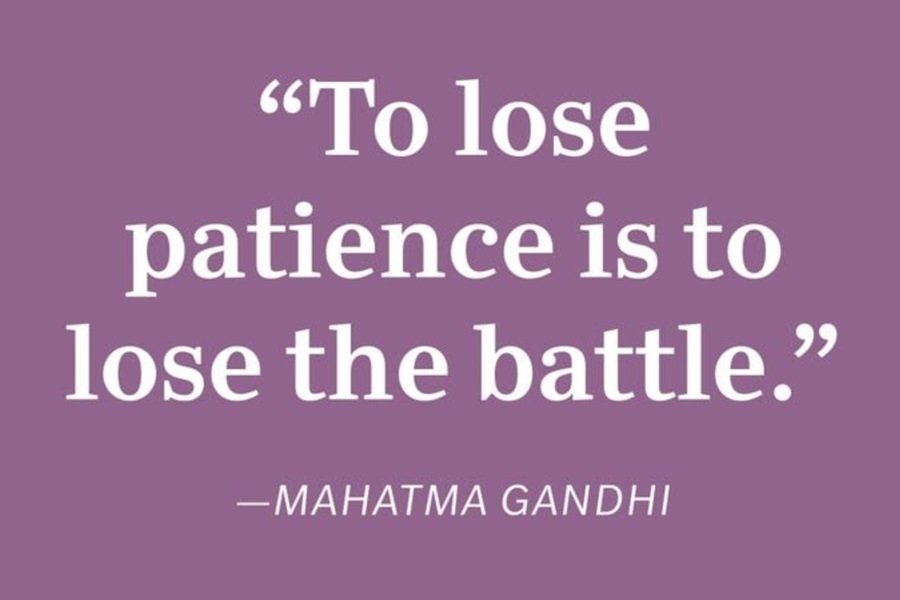Patience is a crucial virtue in trading, and it plays a significant role in achieving long-term success. Traders who exercise patience are better equipped to make well-informed decisions, avoid impulsive actions, and navigate the challenges of financial markets. Here are key aspects of practicing patience in trading:
- Waiting for High-Probability Setups:
- Patient traders wait for clear and high-probability trade setups that align with their trading strategy. They avoid entering positions based on impulse or the fear of missing out (FOMO).
- Avoiding Overtrading:
- Overtrading is a common pitfall, often driven by the desire to be constantly in the market. Patient traders are selective and wait for the most favorable opportunities, avoiding excessive trading activity.
- Allowing Trades to Develop:
- Patient traders give their trades the necessary time to develop and unfold according to the market conditions. They resist the urge to exit prematurely due to short-term fluctuations.
- Dealing with Market Noise:
- Financial markets can experience noise and short-term fluctuations. Patient traders do not react impulsively to every minor price movement and instead focus on the broader trend and market context.
- Adapting to Changing Conditions:
- Patient traders adapt to changing market conditions without making impulsive decisions. They recognize that markets evolve, and successful trading requires flexibility and patience during different phases.
- Holding Positions Through Volatility:
- Volatility is a natural part of financial markets. Patient traders are willing to endure short-term price fluctuations and hold onto positions when market volatility occurs, provided their original thesis remains valid.
- Implementing Long-Term Strategies:
- Patience is particularly important for traders with a long-term perspective. They understand that meaningful market trends may take time to unfold, and they stick to their long-term strategies.
- Waiting for Confirmation:
- Patient traders wait for confirmation of their analysis or signals before taking action. They avoid making decisions based on preliminary or incomplete information.
- Risk Management:
- Patience is critical in risk management. Traders patiently wait for favorable risk-reward ratios and set appropriate stop-loss orders, helping protect their capital in adverse market conditions.
- Emotional Control:
- Patience is closely linked to emotional control. Patient traders are less likely to succumb to emotions such as fear, greed, or frustration. They make decisions based on rational analysis rather than emotional reactions.
- Continuous Learning:
- Patience extends to the learning process. Traders understand that acquiring expertise takes time, and they approach the learning journey with patience, humility, and a willingness to improve over time.
- Mindfulness:
- Patient traders practice mindfulness, staying present in the current trade without getting overly focused on past losses or future gains. This mindset contributes to better decision-making.
Cultivating patience in trading is an ongoing process that involves discipline, self-awareness, and a commitment to a long-term perspective. By embracing patience, traders can enhance their ability to make informed decisions, manage risks effectively, and ultimately increase their chances of success in the dynamic world of financial markets.
